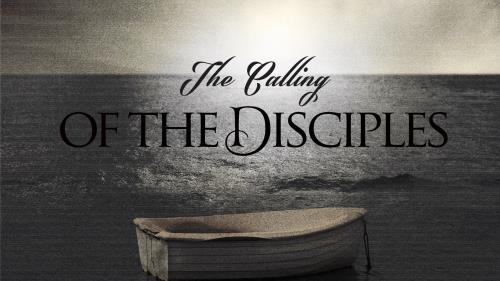-
Unlikely Vessels
Contributed by Jeremy Poling on Nov 28, 2017 (message contributor)
Summary: God often uses the least likely to succeed
But it's also clear Karnes is a hero in a smaller, less national, less public, less publicized way than the cops and firefighters are heroes. He's hardly been overlooked—the program I work for, 60 Minutes II, interviewed him as part of a piece on Jimeno's rescue—but the great televised glory machine has so far not picked him. Why? One reason seems obvious—the cops and firefighters are part of big, respected, institutional support networks. Americans are grateful for the sacrifices their entire organizations made a year ago. Plus, the police and firefighting institutions are tribal brotherhoods. The firefighters help and support and console each other; the cops do the same. They find it harder to make room for outsiders like Karnes (or Chuck Sereika). And, it must be said, at some macho level it's vaguely embarrassing that the professional rescuers weren't the ones who found the two survivors. While the pros were pulled back out of legitimate caution, the job fell to an outsider, who drove down from Connecticut and just walked onto the burning pile.
Columnist Stewart Alsop once famously identified two rare types of soldiers, the "crazy brave" and the "phony tough." The professionals at Ground Zero—I interviewed dozens in my work as a producer for CBS—were in no way phony toughs. But Karnes does seem a bit "crazy brave." You'd have to be slightly abnormal—abnormally selfless, abnormally patriotic—to do what he did. And some of the same qualities that led Karnes to make himself a hero when it counted may make him less perfect as the image of a hero today.
Officer Strauss tells a story that gets at this. When he was out on the pile a year ago, trying to pull Officer Jimeno free, Strauss shouted orders to his volunteer helpers—"Medic, I need air," or "Marine, get me some water." At one point, in the middle of this exhausting work, Strauss, asked if he could call them by their names to facilitate the process. The medic said he was "Chuck."
Karnes said: "You can call me 'staff sergeant.' "
"That's three syllables!" said Strauss, who needed every bit of energy and every second of time. "Isn't there something shorter?"
Karnes replied: "You can call me 'staff sergeant.' "
II.
Just as this story illustrates that sometimes unlikely people do extraordinary things, the text reveals to us some unlikely individuals who became a part of the most important event in all of human history.
A.
Its an unlikely passage of Scripture: a boring geneaolgy, a long of list of famous and not so famous names from the Bible. Its the genealogy of Jesus Christ, a very important bit of information. But its a genealogy nonetheless. Its a passage we skim over as we are conducting our Bible reading.
The cast of characters in the lineage of Jesus consists of some of the greatest people of the Bible: Abraham, Isaac, Jacob, Judah, Boaz, David, Solomon, and Zerubbabel. You would expect that. Its no surprise that great people were used by God to achieve the greatest moment in history, the birth of the Messiah, the Lamb of God who would save the world from its sins.

 Sermon Central
Sermon Central



